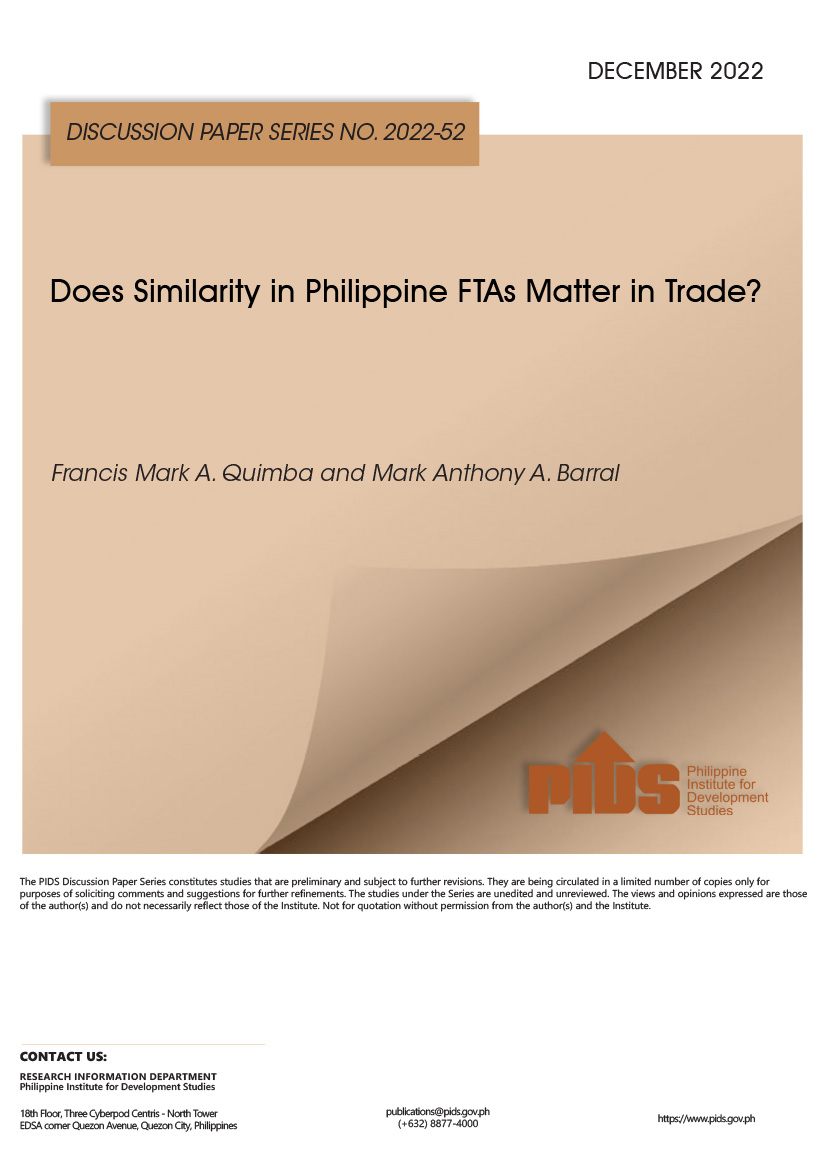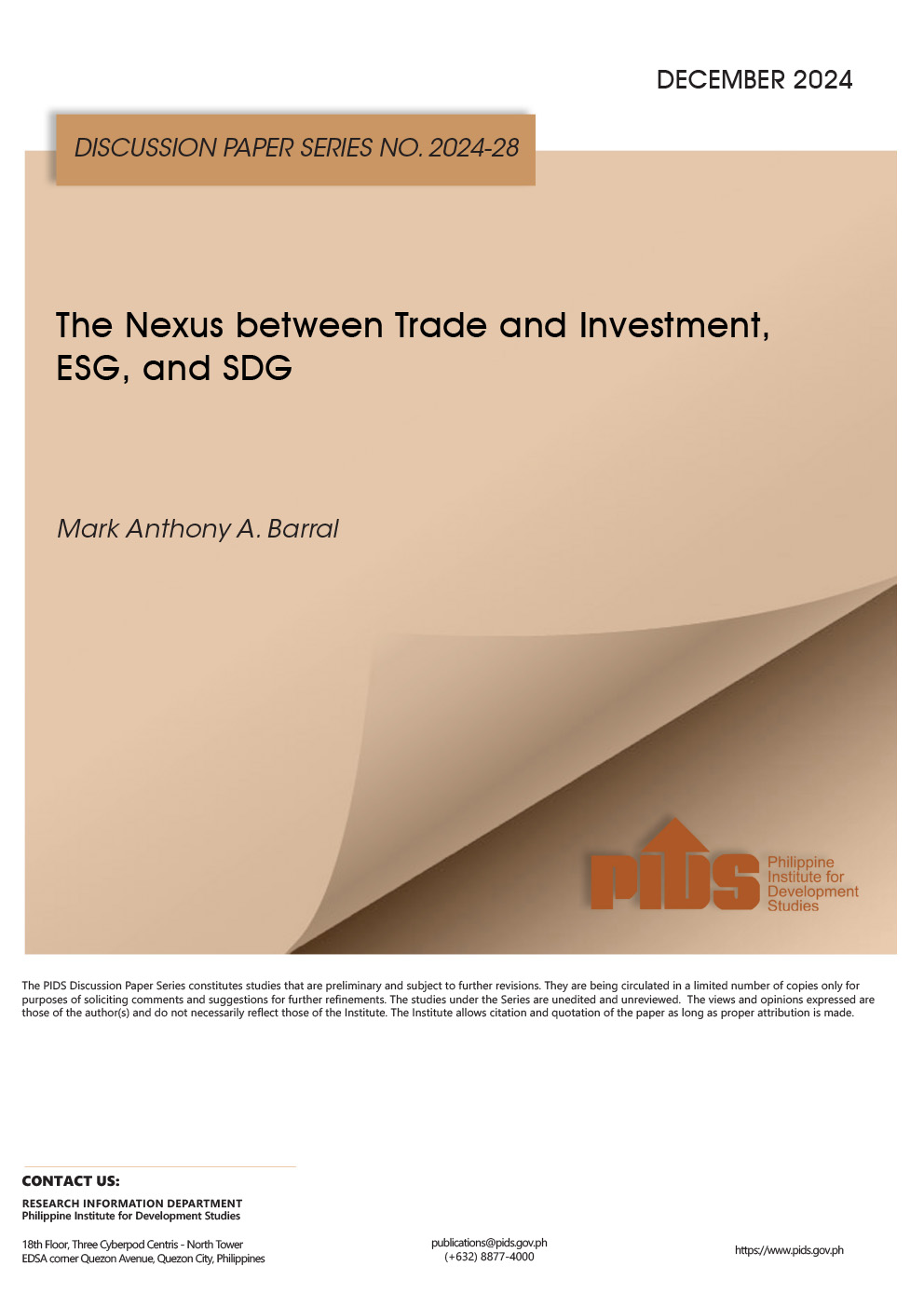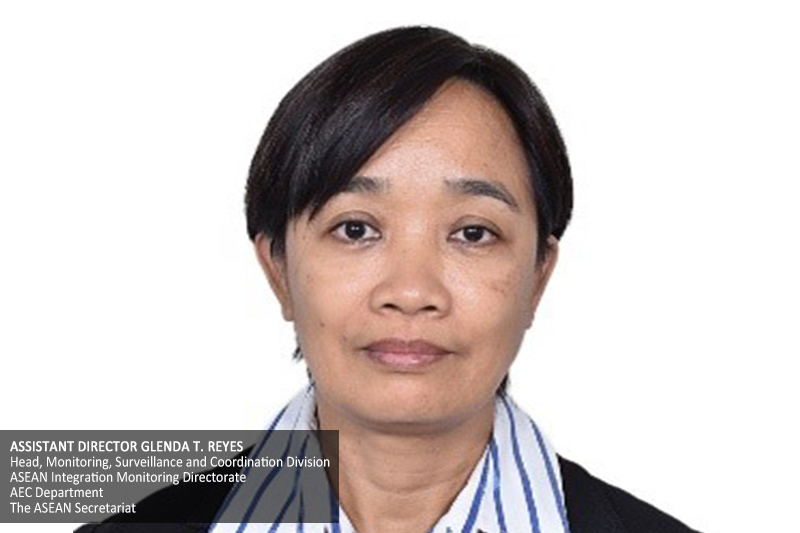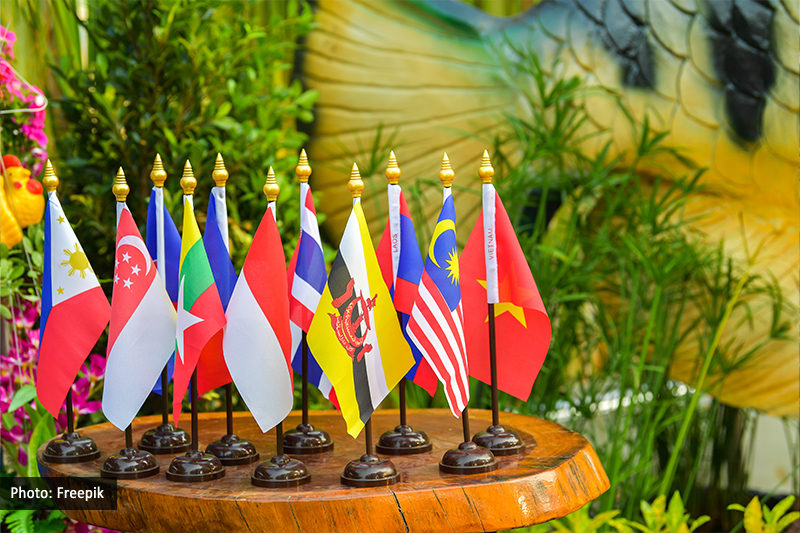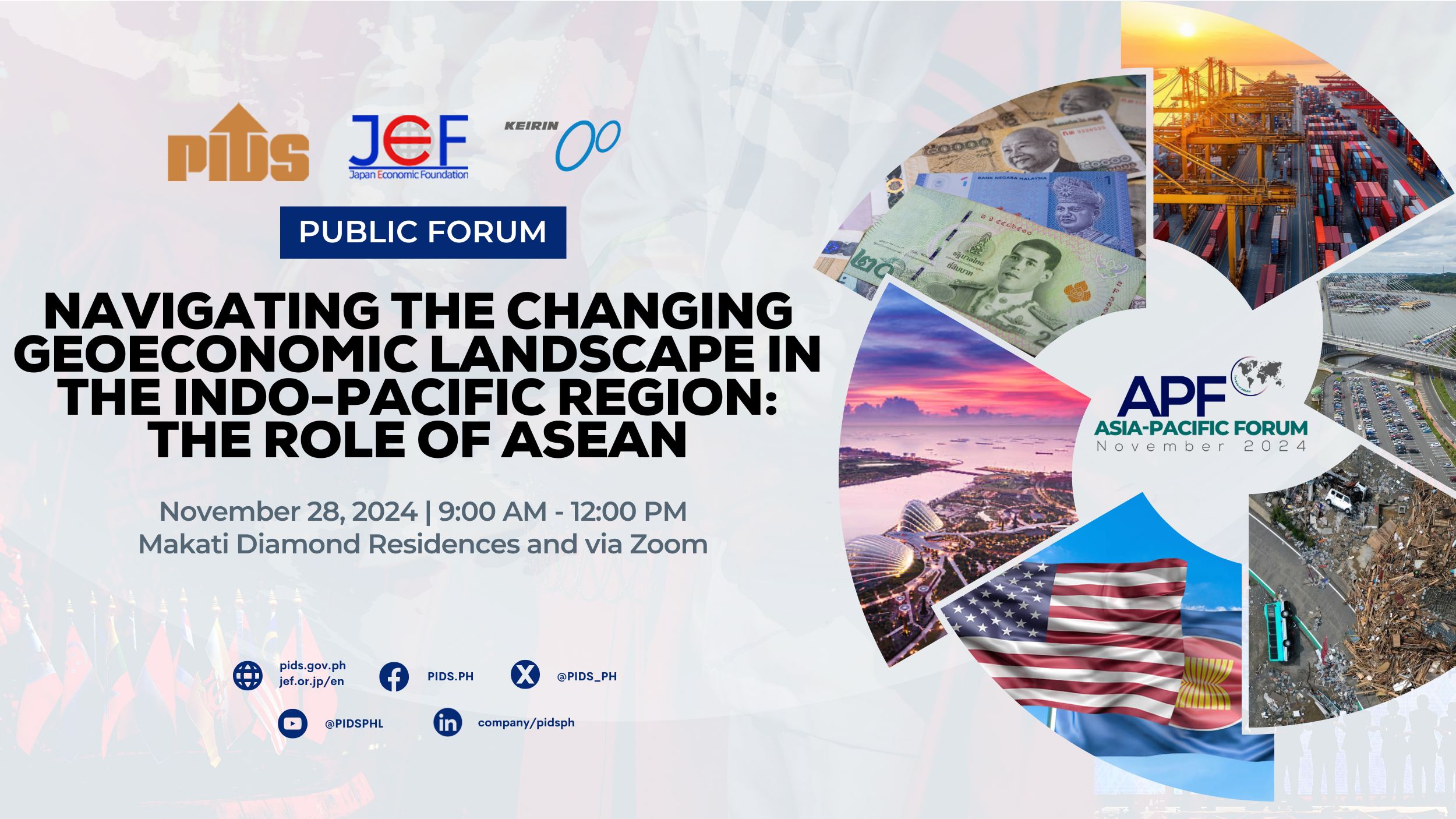Asean economic ministers are targeting to release a statement encouraging members of Asean to reduce trade barriers, according to Trade Secretary Ramon L. Lopez.
Lopez, who chairs the Asean Economic Ministers Meeting (AEM) currently being held in Manila, said Asean members will commit to slash nontariff barriers (NTBs) at the end of the five-day AEM.
“We will be releasing a statement that will call on all Asean economies to reduce nontariff measures [NTMs],” he told reporters in an interview on Wednesday.
NTMs restrict trade and increases the cost of trading.
The Philippine Institute for Development Studies (Pids) distinguishes between NTMs and NTBs in goods trade. Pids said not all NTMs are seen as “trade discriminatory” or “trade restrictive”. Some NTMs even “encourage” trade, as it bolsters consumer protection and strengthens certification.
NTMs that are implemented with protectionist aims, however, are considered NTBs. “For us, sanitary and phytosanitary (SPS) measures that are on the basis of quality standards or consumer protection are justifiable but not if it’s to protect certain industries,” Lopez said.
Currently, there are initiatives to push for trade facilitation such as putting up the Asean Trade Repository under the Asean Trade in Goods Agreement (ATIGA), Lopez added.
Last week, World Trade Organization (WTO) Director General Roberto Azevêdo enjoined Asean member-nations to reduce nontariff barriers (NTBs) to reduce poverty and boost the economic growth of developing economies.
Azevêdo said NTMs should be “scientifically-based” and should be anchored on international standards.
In its study titled “Review of Intra-Asean Nontariff Measures on Trade in Goods,” released in April, Pids noted that while tariffs have been near zero in Asean, a rising trend has been noted in the use of NTMs.
During the Asean Leaders’ Summit held in Manila in April, Malaysian Prime Minister Najib Razak said in his speech that in 2015, NTBs and NTMs in Asean jumped to 5,975 from 1,634 in 2000.
Lopez, who chairs the Asean Economic Ministers Meeting (AEM) currently being held in Manila, said Asean members will commit to slash nontariff barriers (NTBs) at the end of the five-day AEM.
“We will be releasing a statement that will call on all Asean economies to reduce nontariff measures [NTMs],” he told reporters in an interview on Wednesday.
NTMs restrict trade and increases the cost of trading.
The Philippine Institute for Development Studies (Pids) distinguishes between NTMs and NTBs in goods trade. Pids said not all NTMs are seen as “trade discriminatory” or “trade restrictive”. Some NTMs even “encourage” trade, as it bolsters consumer protection and strengthens certification.
NTMs that are implemented with protectionist aims, however, are considered NTBs. “For us, sanitary and phytosanitary (SPS) measures that are on the basis of quality standards or consumer protection are justifiable but not if it’s to protect certain industries,” Lopez said.
Currently, there are initiatives to push for trade facilitation such as putting up the Asean Trade Repository under the Asean Trade in Goods Agreement (ATIGA), Lopez added.
Last week, World Trade Organization (WTO) Director General Roberto Azevêdo enjoined Asean member-nations to reduce nontariff barriers (NTBs) to reduce poverty and boost the economic growth of developing economies.
Azevêdo said NTMs should be “scientifically-based” and should be anchored on international standards.
In its study titled “Review of Intra-Asean Nontariff Measures on Trade in Goods,” released in April, Pids noted that while tariffs have been near zero in Asean, a rising trend has been noted in the use of NTMs.
During the Asean Leaders’ Summit held in Manila in April, Malaysian Prime Minister Najib Razak said in his speech that in 2015, NTBs and NTMs in Asean jumped to 5,975 from 1,634 in 2000.

